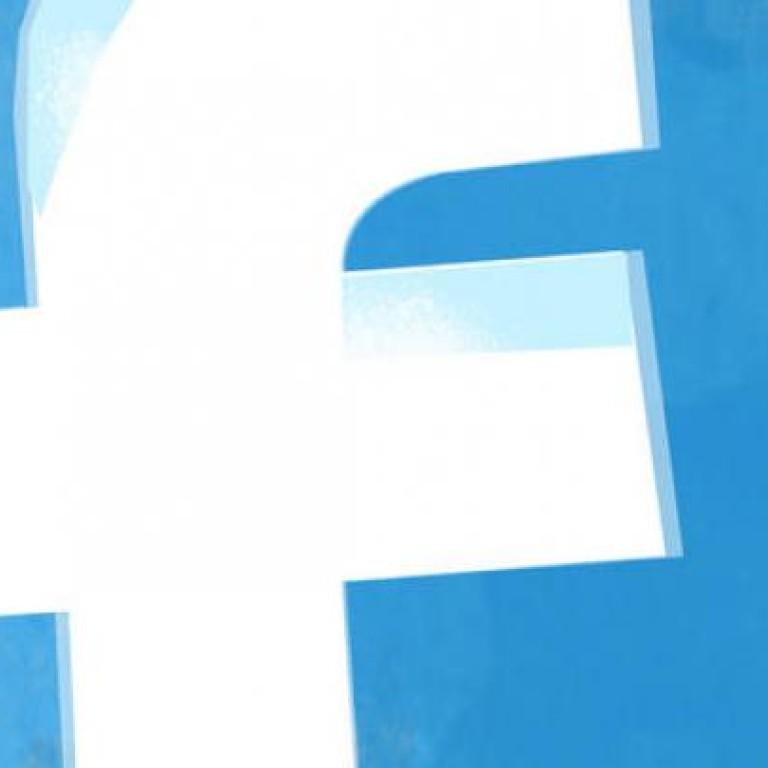
Would you pay for social media?
Would you pay for Facebook or Weibo if it meant not having to look at adverts? Until a few months ago I was in the habit of firing up the Facebook app on my smartphone about twice a day, occasionally to "check in" or post a link to one of my stories, but mainly to see what my friends had been up to - and in chronological order.
No longer. As well as presenting posts in a seemingly random order, Facebook's latest version of its smartphone app now inserts sponsored commercial postings and tedious requests to "like" commercial companies and services, masquerading under the "Pages You May Like" banner.
I've never had a major problem with online advertising, but on a smartphone I find it a major turn-off. Within a few days of updating to the new version of the Facebook app, I deleted it from my phone. That's a tricky call since social media is clearly the new e-mail. Could I not pay for an advertising-free version?
The answer, sadly, is no.
"The main reason social networks don't charge for their services is because the net benefit is too small for the consumers who don't find advertising abrasive or annoying enough to pay to avoid," says Ben Romberg, social media director at Tug, a pay-per-click advertising agency in London. Put simply, advertisers will spend more on impressions than consumers will spend on paying subscriptions to use social media websites.
"Paying to connect with friends is utterly counter-intuitive," says Mike Gamaroff, managing director of Gamaroff Digital, whose clients include Virgin, Smirnoff and Jamie Oliver. "Facebook's success is due not only to the features it offers, but also its ease of use and frictionless accessibility across all devices - put a cost barrier in the way and that is an immediate deal-breaker."
Perhaps so, but isn't intrusive advertising also a deal-breaker? Gamaroff wonders whether the adverts on Facebook are that bad.
"Facebook is devoting countless hours to ensuring that ads being shown are targeted, relevant and strategically placed," he says. "This will only get better and users will quickly adapt. The annoyance expressed presently is just because ads ... take a little time to adjust to."
It seems I may have to get used to these adverts, because they're not going to stop. Facebook has been a commercial success and now that it is listed on the stock exchange, that's really all that matters.
"Click-through rates are much higher when we show a Facebook ad on a mobile than on a standard machine," says Andreas Pouros, COO at international digital marketing agency Greenlight, which conducted a Search & Social Survey in 2011-12. "This was, and is, largely due to the relatively new sponsored stories ad unit."
In the interests of this column I temporarily reinstalled Facebook on my smartphone. The Pages You May Like roll-call included Amazon, a movie I'd never heard of, and an online betting service. None of these seem to be targeted at me. I was also offered the chance to install a couple of sci-fi games on my phone, neither of which I'd heard of or had any interest in. Of the first 10 posts I looked at, five were "placed".
However, there could be some reciprocation.
"Social networks that monetise their user data are looking to work in partnership with users so that everyone who contributes to the process gains something," says Romberg, stating the example of YouTube, which has allowed its users to earn money by running advertising on videos they have uploaded. "This model is no doubt set to proliferate as users become smarter about how their data is being used."
Although this probably means even more adverts, at least it's something - and it's understandable given the rising importance of social media around the globe.
"Facebook, Twitter or Weibo beginning to charge users would be a suicidal development for those social networks as it would leave an opening for a new entrant to appear," says Pouros, who feels that moving to a payment model would risk a dangerous erosion of its base at a time when there's competition to attract people in developing nations.
"This is key for Facebook as it tries to be an unchallenged global standard for communication and sharing, but also for the likes of Twitter and Weibo, who must still try and achieve rapid growth in user numbers," says Pourus, pointing out that Twitter has a 20 per cent penetration of its core markets, and Weibo has 40 per cent of the Chinese market. "Neither can afford to risk slowing down their growth with a payment model."
Pourus does think, however, that a new social media platform that charged and was totally transparent on privacy - people's real bugbear with Facebook - might stand a chance.
Meanwhile, my social media refuge, Twitter, which refuses to "go public", already promotes Tweets and Trends - a model which it's bound to expand.
It's not that I strongly object to advertising, it's just that I naturally avoid anything it begins to dominate. It's for the same reason I rarely go to the cinema: I find 20 minutes of advertising too much to stomach having just bought an expensive ticket. Wake up, Facebook. And watch out, Twitter.

